Vassa, also known as Buddhist Lent or the Rains Retreat is a spiritual retreat that lasts three lunar months during the region’s rainy season (from July-October). During this time, monks engage in deep meditation within the monastery grounds and Buddhists in general revive their spiritual training.
Buddhist Lent starts the day after Asalha Puja (also known as Asanha Puja or Asarnha Bucha in Thailand) which falls on a full moon of the eighth lunar month. So for the year 2010, Asalha Puja falls on July 26th and Vassa starts the day after on the 27th. The Lent period ends on October 23rd.
On the first day, people will give up meat and strictly adhere to the five precepts which are:
1. Abstain from taking life
2. Abstain from taking what is not given
3. Abstain from sexual misconduct
4. Abstain from false speech
5. Abstain from intoxicating substances
The more religious and spiritual individual will continue these practices for the duration of the Rains Retreat.
Asalha Puja is important because it commemorates Buddha’s first sermon in the Deer Park in Benares (also known as Varanasi) near the Ganges River in modern day India. The founding of the Buddhist sangha (monastic life) also occurred during that time. Buddhists celebrate Asalha Puja by making merit, listening to a monk’s sermon and participating in a candle-lit procession in the evening.
So, why can’t monks step out of the monastery during this time? During the rainy season, crops are beginning to sprout out. In those days, villagers complained that their young harvests were damaged because of unnecessary travel by monks. So, Buddha decreed to his followers that nobody should step outside. Only under extreme cases or emergencies can a monk step out of the monastery during the Lent period. However, they must return no later than seven days.
Vassa is also a time when monks study the Buddhist text and teach those who chose to come into monkhood. It is believed that being ordained during the Lent period is the best time, as a result, many young monks enter the monastery during this time. In fact, Buddhists count their time spent in the monastery not by the number of days or years but by how many Vassas their ordination period went through.
Many Buddhists offer candles to monks as their way of making merit. The importance of this offering stems back during historical times when monks used candles both for ceremonies and for reading scriptures at night. It also symbolizes illumination, in that if people offer candles to monks for the mentioned reasons, it will also shed light on their minds.
The rainy season is an interesting time to visit Southeast Asia. The rains do come, but only in short bursts, which should not disrupt sightseeing plans. In addition, the rice fields and jungles are much greener during this time and the waterfalls pour with an abundance of water, perfect for photography and relaxation. The rainy season also corresponds with the low tourist season, so accommodation options are plenty and are at lower prices than the high season. Get a taste of the region with Exotissimo’s Colorful Capitals tour. This tour introduces you to the history and rich culture of Thailand, Laos and Cambodia as we take you to glittering temples, magnificent ruins as well as each country’s capitals, both past and present. See our multi-country tours page for more ideas on travel in this beautiful region or contact us if you have any questions or would like to witness or experience life during the Rains Retreat.
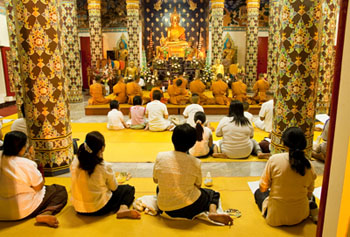



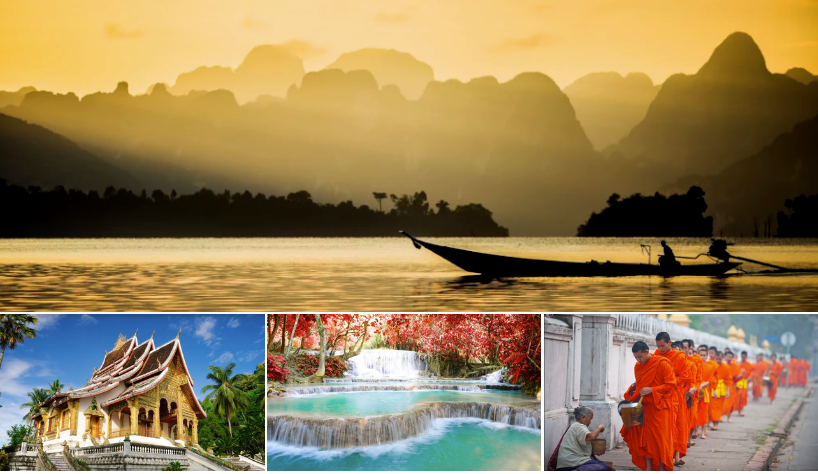 " alt="">
" alt=""> 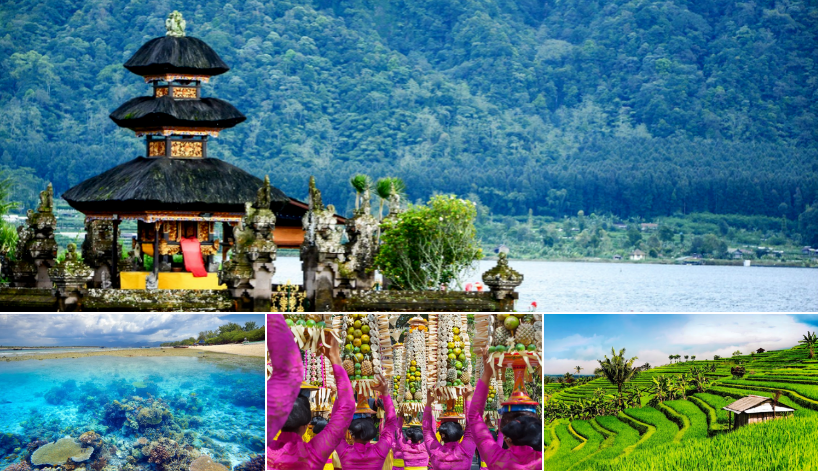 " alt="">
" alt=""> 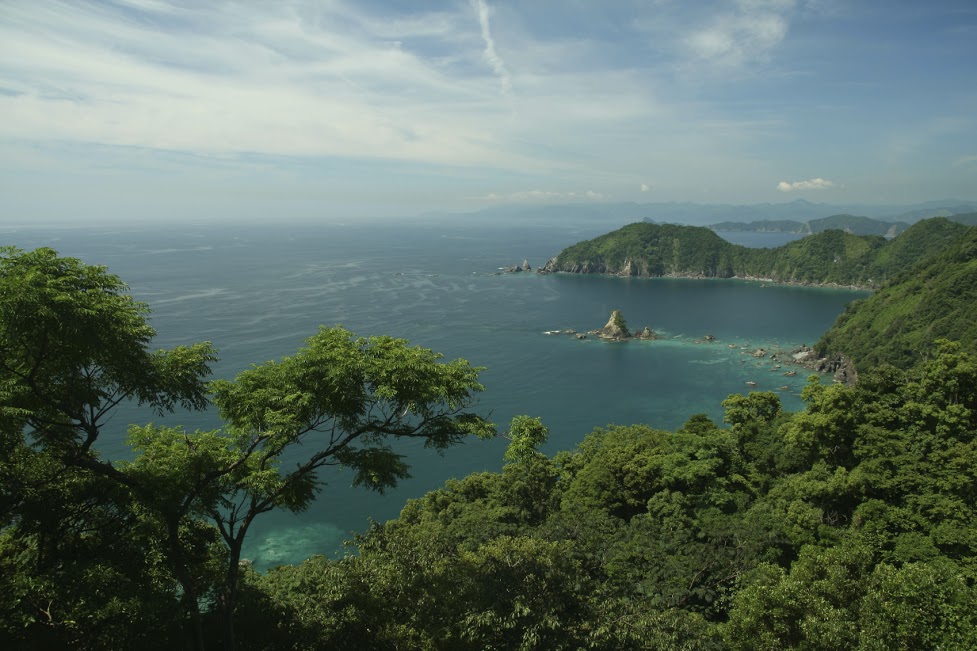 " alt="">
" alt=""> 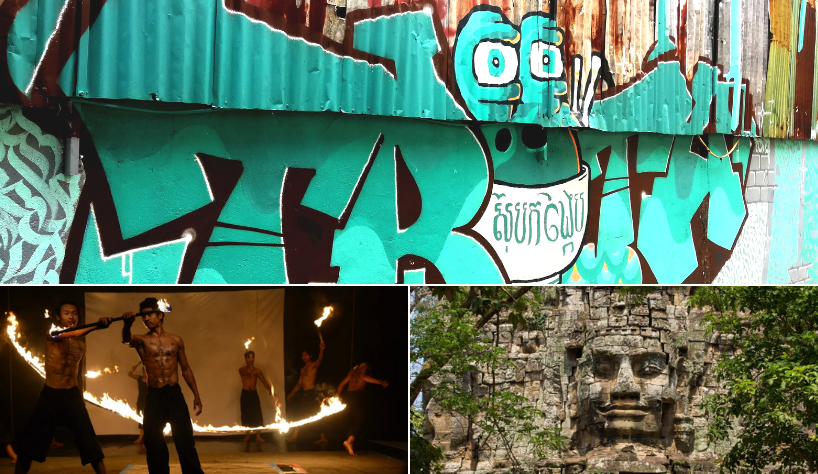 " alt="">
" alt="">  " alt="">
" alt=""> 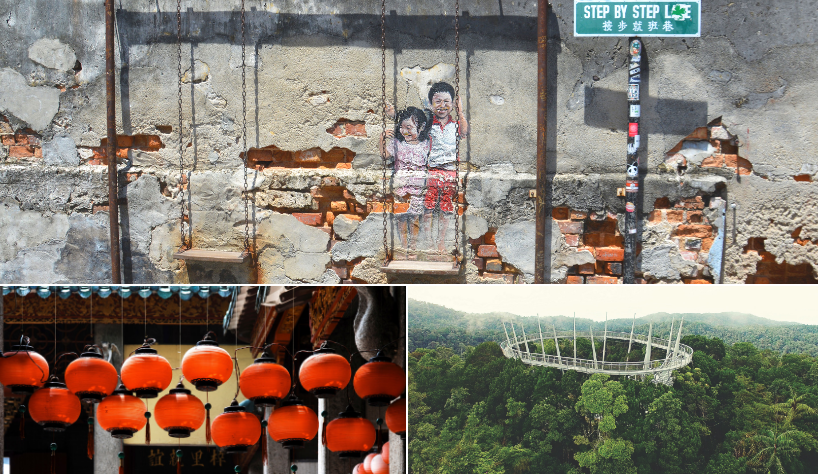 " alt="">
" alt="">  " alt="">
" alt=""> 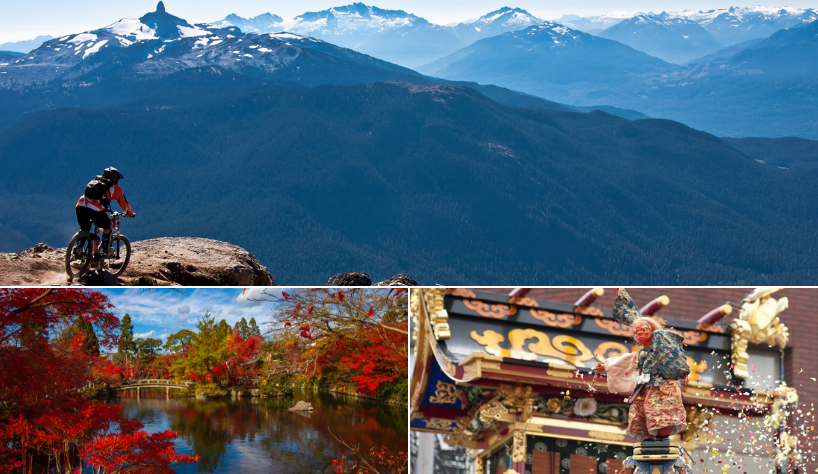 " alt="">
" alt=""> 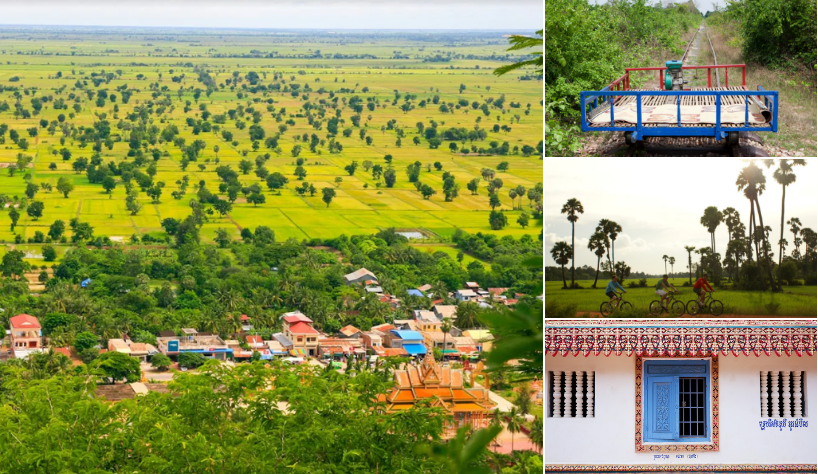 " alt="">
" alt=""> 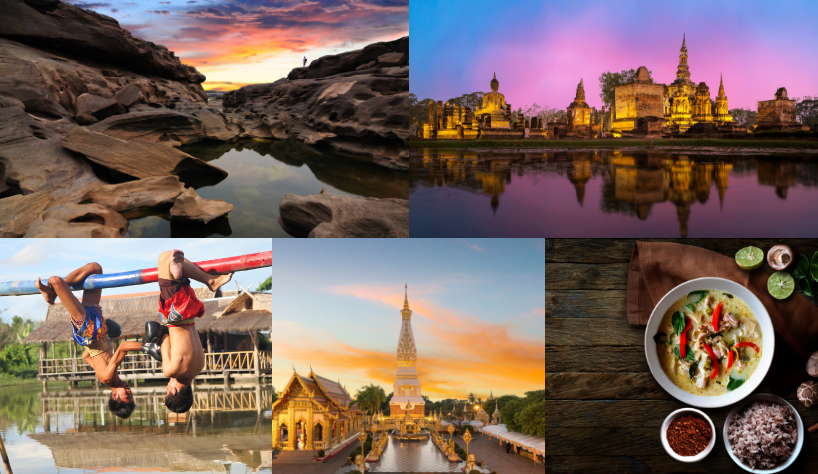 " alt="">
" alt=""> 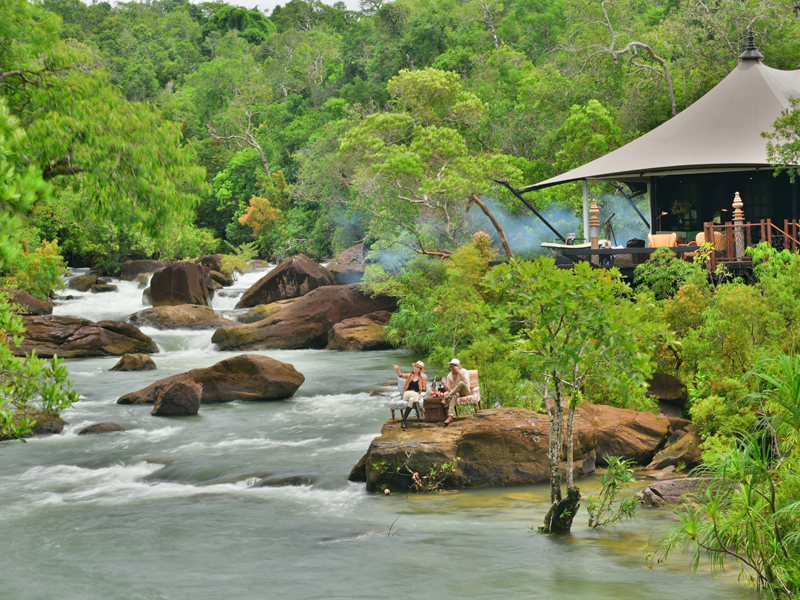 " alt="">
" alt=""> 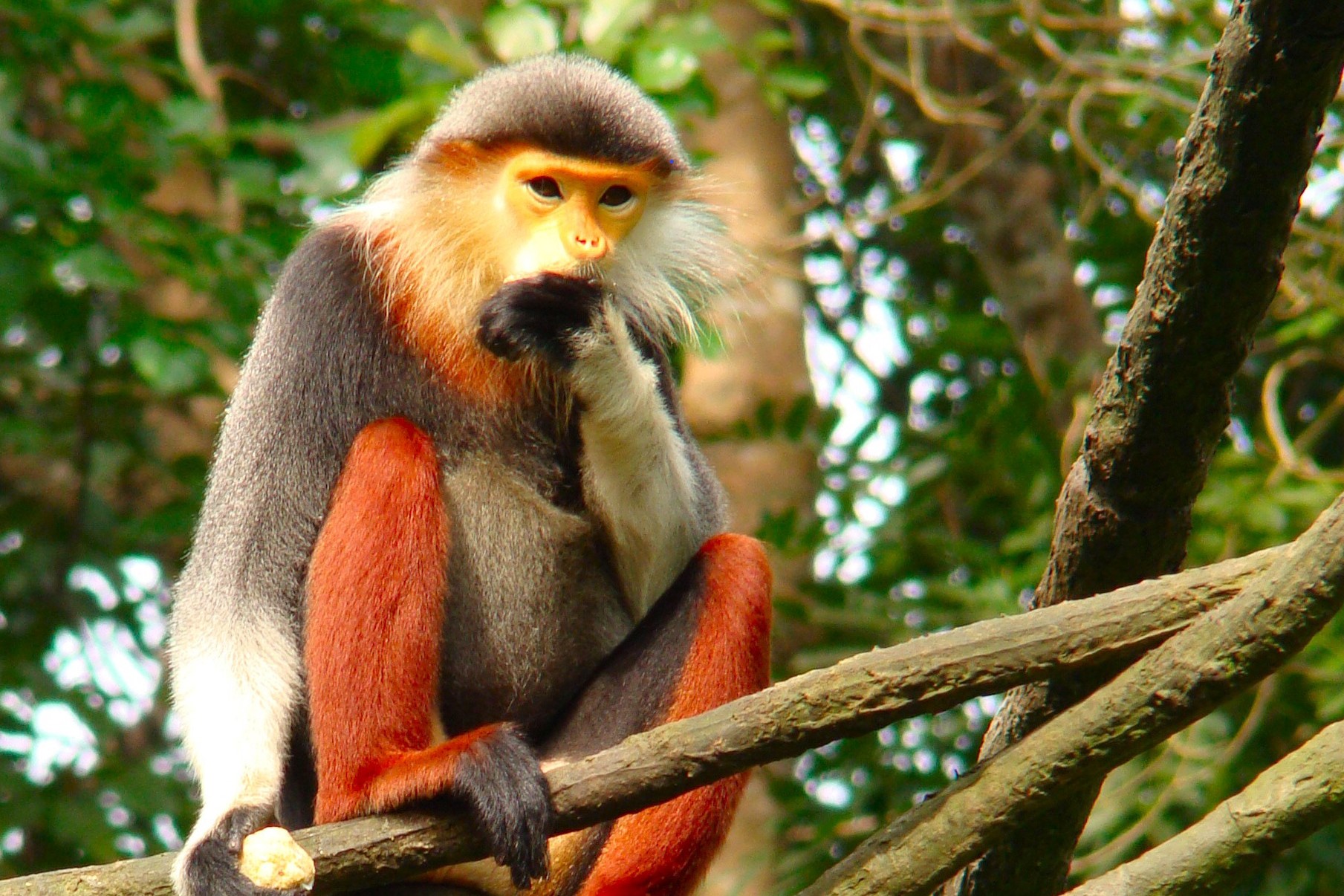 " alt="">
" alt=""> 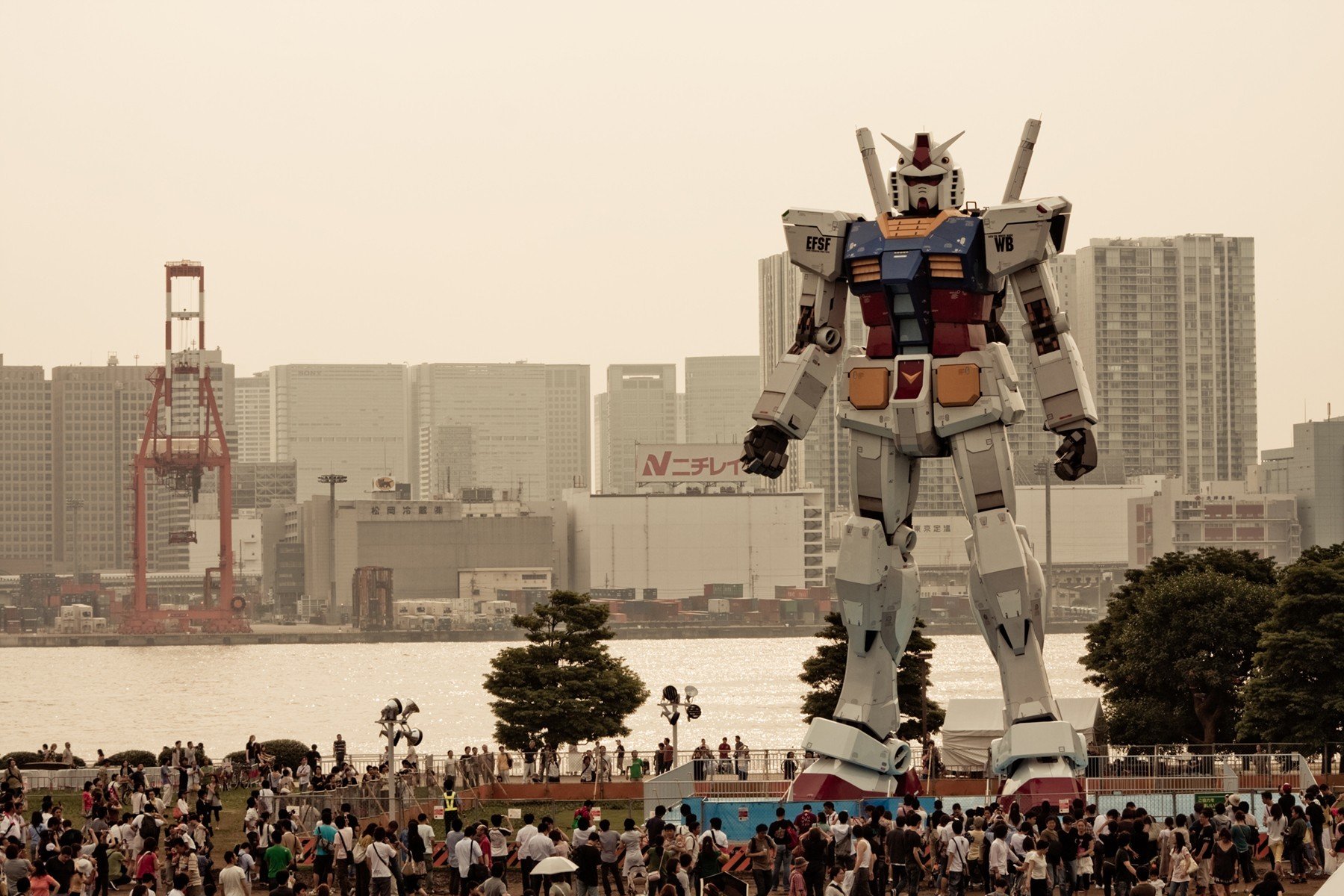 " alt="">
" alt="">  " alt="">
" alt=""> 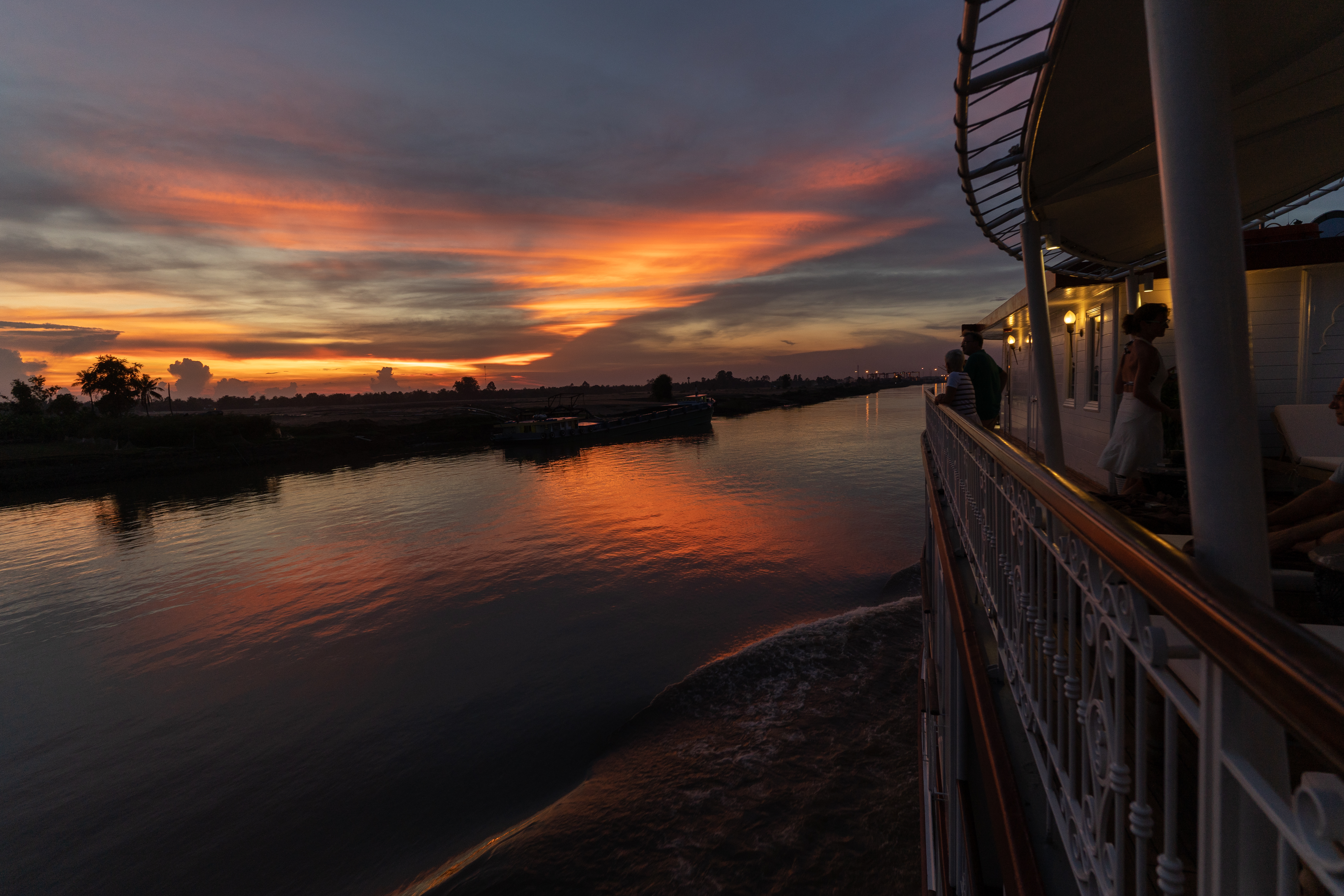 " alt="">
" alt=""> 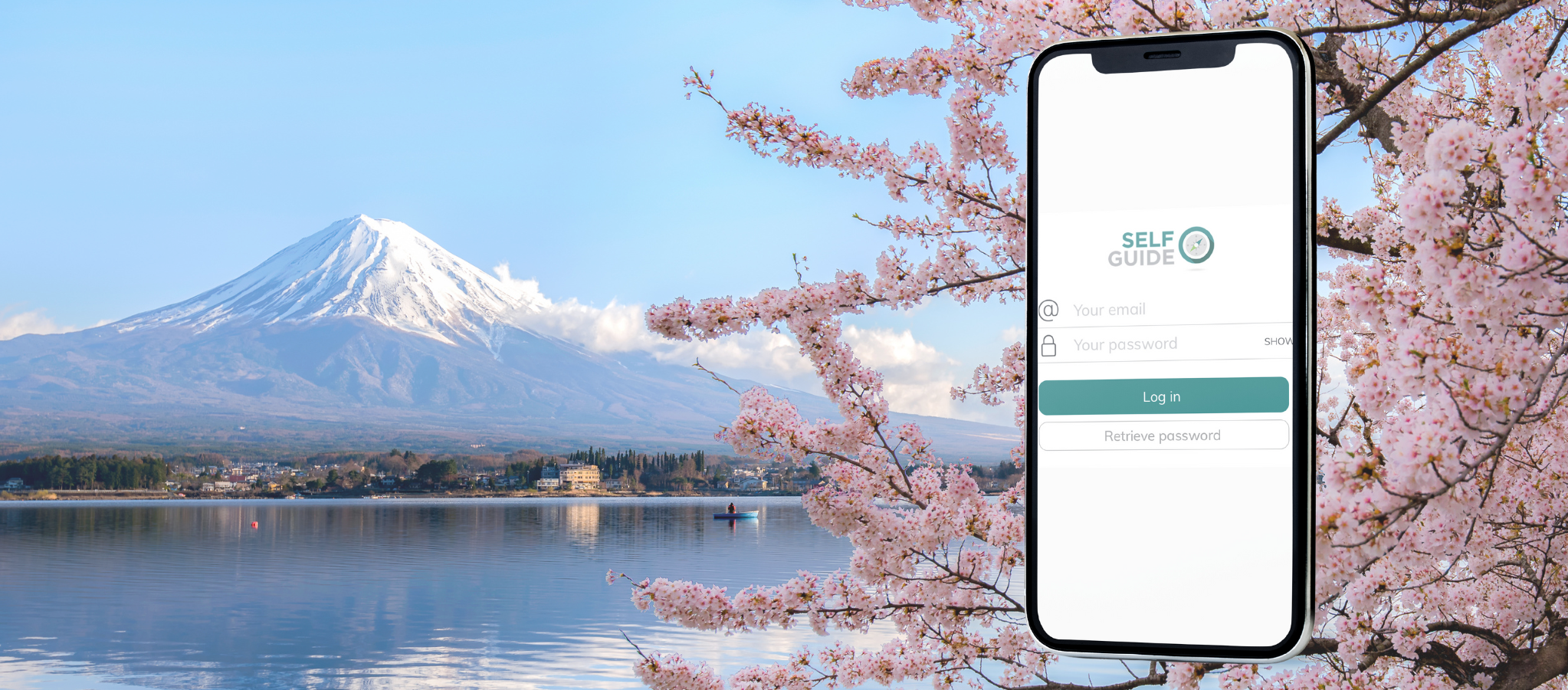 " alt="">
" alt="">